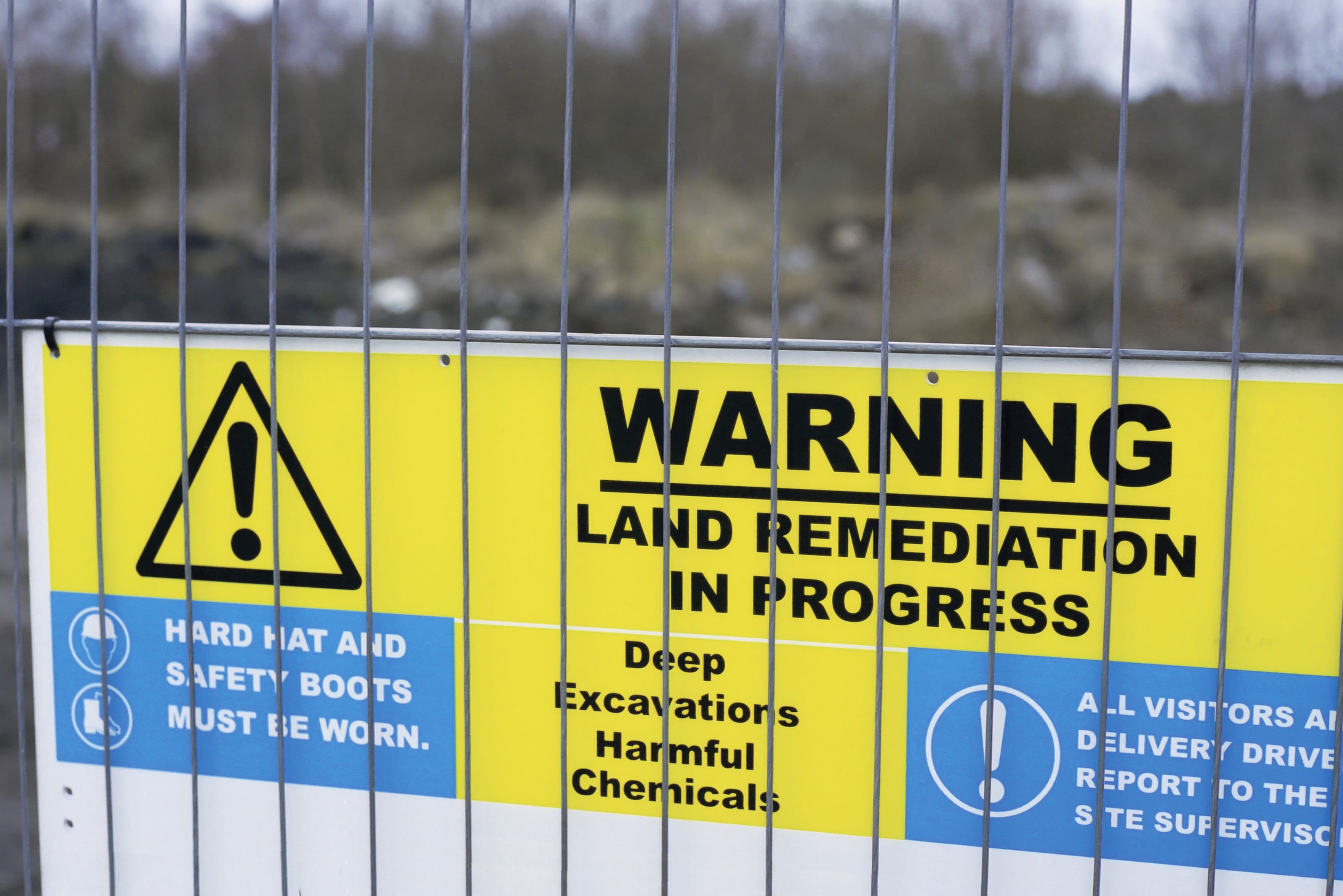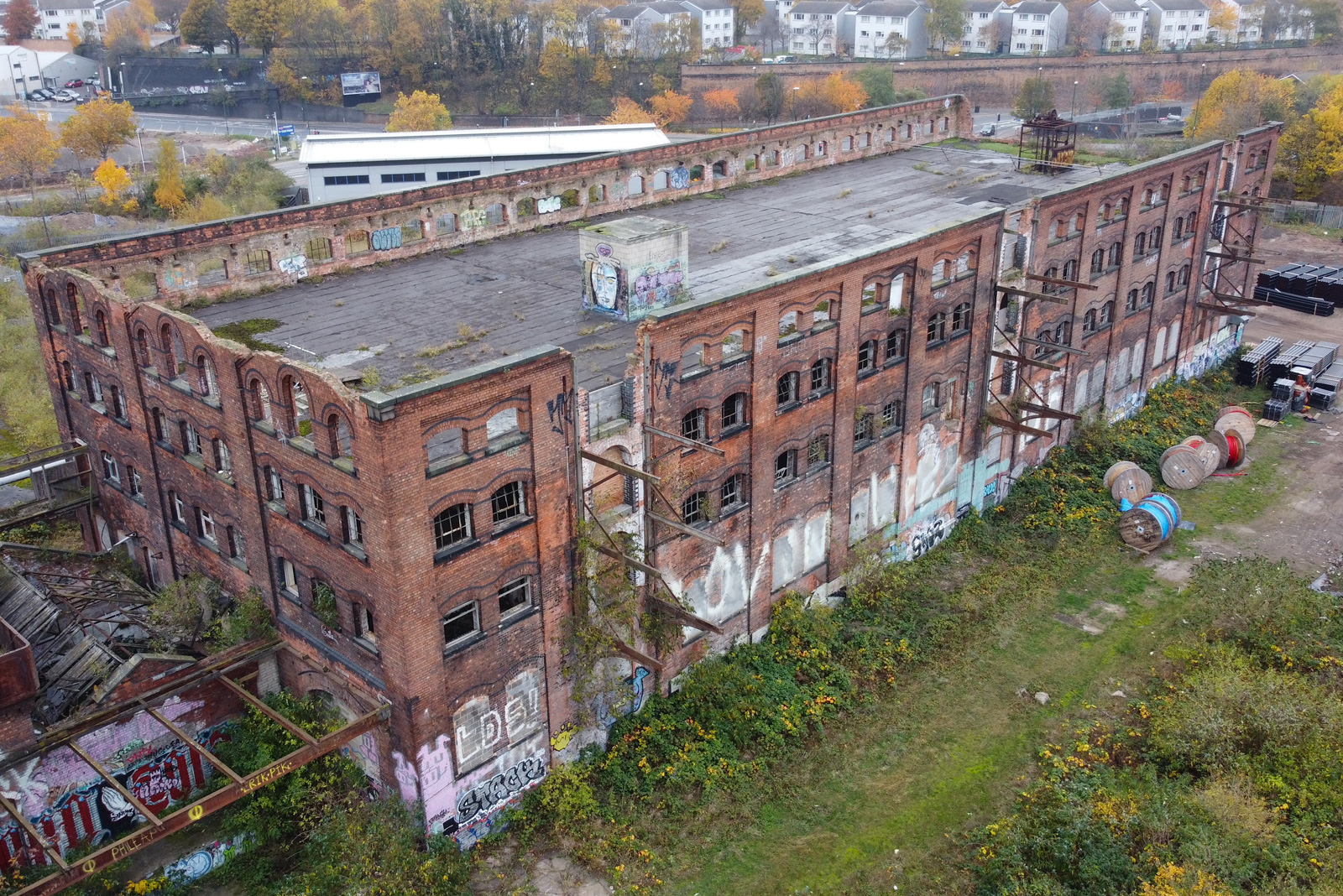How to Access Govt. Grants to Develop Brownfield Sites
Article written by:
Rob Csondor
Let’s start by looking at what grants are out there and who provides them.
The first thing to understand is, that there is no single, UK brownfield grant that developers can apply for.
They vary on a sub-regional basis.
There is however one consistency and this is that currently, they are provided by the Local Enterprise Partnerships (LEPs).
Set up in 2011, LEPs bring together regional local authorities and businesses to drive local economic growth. There are 38 of them in England.
LEP land development grants are heavily orientated towards supporting brownfield remediation and overcoming market failure.
Grants for brownfield remediation
Brownfield grants support the remediation of abnormal ground conditions to return the land as closely as possible to greenfield.
This includes where contaminants, engineering or stability issues are found or where demolition has taken place but underground works (or other residue materials) remain.
Grants for market failure
Market failure is when sale values are unusually low, making it very difficult to realise a viable housing or commercial development.
If this is the case, a localised market needs support and subsidy to move.
Market failure grants enable a developer to address this issue.
How much is available?
Significant sums, reaching into millions of pounds, are available.
Sub-regional variations
As these grants are allocated on a sub-regional basis, the provision will change from area to area.
There may even be funding variations between near-by urban and rural sites.
There could be sub-regional overlaps too as more than one LEP may cover the area you’re working in.
West Midlands example
One grant example local to RCA in the West Midlands is The Black Country Land and Property Investment Fund.
Available via the Black Country LEP, this provides grants towards regeneration of brownfield sites and new business creation.
How to apply
To find out what’s available and see if you’re eligible, visit your relevant LEP website and then give them a call.
You should easily be able to access the criteria and an initial application form.
It is usually a two-stage process and once your initial proposal is submitted, you will (all being well) get approval to move onto the next stage.
In stage two you’ll submit a much more detailed business case and this can be a lengthy (perhaps 20 page) application.
What’s the success rate?
Get the detail correct and meet the LEP’s criteria; and the success rate for these applications is fairly high.
A third, loan option
There’s also a third option as your LEP may also provide loans.
These generally support cashflow where a remediation scheme requires a large financial input upfront, but a clear return is expected on completion.
RCA can help
As a specialist regeneration and planning consultant, RCA can help you navigate the sub-regional programmes, find out what is available in your area and even prepare an application on your behalf.
We even have experience of sitting on the other side of the table and assessing these (sometimes complex) applications.
Get started
To find out more, call the helpful RCA team on 01905 887686 or email info@rcaregeneration.co.uk
Vacant buildings: obstacle or opportunity?
For developers in towns and cities, vacant buildings are often seen as a constraint as they can impose additional costs upon development, either in terms of their...
Development Options
Landowners, whether they be individuals or organisations, have a range of options when they consider how to maximise the value of their assets.These options depend upon...
Musings on the house price to earnings dataset 2022
Roisin Murphy once sang the somewhat confusing lyrics ‘Never ever enough, it's never enough, is it ever enough when it's just enough?’ back in the heady days of 2001/2...
Will we have to sacrifice affordable housing to achieve sustainable development?
From a viability perspective, this question could equally be phrased the other way around.
RCA exceed £15.9m FVA savings for developer clients
RCA Regeneration confirm savings for its developer clients have now exceeded £15,900,000 (since Jan. 2022), unlocking previously unviable sites through Financial...
What Should Be Included in Your Technical Land Assessment?
Undertaking an appropriate technical land assessment before site purchase and mobilisation is a critical part of any profitable development.
Here are some key things to...









Leave a Comment